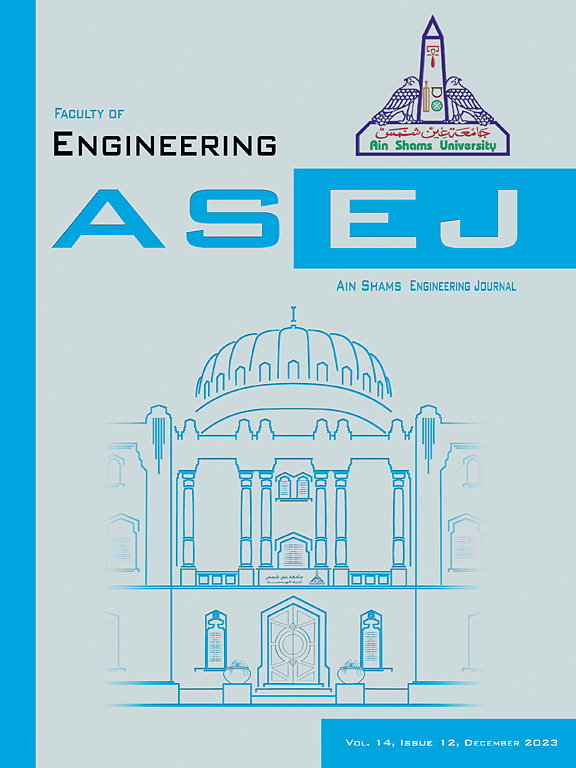Design and implementation of a medium frequency direct current resistance spot welding system integrated with welding control interface
IF 6
2区 工程技术
Q1 ENGINEERING, MULTIDISCIPLINARY
引用次数: 0
Abstract
The increasing demand for high-precision welding requires advanced systems with real-time feedback control. Traditional resistance spot welding (RSW) technologies struggle with managing complex welding profiles and ensuring consistent weld quality. This study presents a medium-frequency direct current (MFDC)-RSW system integrated with a Python-based welding control interface (WCI) to enhance precision and adaptability. The system enables real-time parameter optimization and closed-loop current regulation using a LaunchXL-F28069M microcontroller. Experimental validation demonstrated high accuracy, achieving 97–98 % tracking accuracy in welding current and reducing RMSE from 0.178 kA to 0.109 kA. Closed-loop control outperformed open-loop configurations, enhancing process stability. The WCI facilitated efficient parameter adjustments and robust operation under varying conditions. By improving weld precision, process consistency, and adaptability, the proposed system overcomes limitations of traditional RSW, contributing to the advancement of adaptive welding technologies. Future research may explore enhanced feedback mechanisms and broader industrial applications.
带焊接控制接口的中频直流电阻点焊系统的设计与实现
对高精度焊接日益增长的需求需要具有实时反馈控制的先进系统。传统的电阻点焊(RSW)技术在管理复杂的焊接轮廓和确保一致的焊接质量方面存在困难。为了提高焊接精度和自适应能力,提出了一种中频直流(MFDC)-RSW焊接控制系统。该系统使用LaunchXL-F28069M微控制器实现实时参数优化和闭环电流调节。实验验证表明,该方法具有较高的精度,焊接电流跟踪精度达到97 - 98%,均方根误差从0.178 kA降低到0.109 kA。闭环控制优于开环配置,提高了过程稳定性。WCI有助于在不同条件下进行有效的参数调整和稳健运行。该系统通过提高焊接精度、工艺一致性和适应性,克服了传统RSW的局限性,促进了自适应焊接技术的发展。未来的研究可能会探索增强的反馈机制和更广泛的工业应用。
本文章由计算机程序翻译,如有差异,请以英文原文为准。
求助全文
约1分钟内获得全文
求助全文
来源期刊

Ain Shams Engineering Journal
Engineering-General Engineering
CiteScore
10.80
自引率
13.30%
发文量
441
审稿时长
49 weeks
期刊介绍:
in Shams Engineering Journal is an international journal devoted to publication of peer reviewed original high-quality research papers and review papers in both traditional topics and those of emerging science and technology. Areas of both theoretical and fundamental interest as well as those concerning industrial applications, emerging instrumental techniques and those which have some practical application to an aspect of human endeavor, such as the preservation of the environment, health, waste disposal are welcome. The overall focus is on original and rigorous scientific research results which have generic significance.
Ain Shams Engineering Journal focuses upon aspects of mechanical engineering, electrical engineering, civil engineering, chemical engineering, petroleum engineering, environmental engineering, architectural and urban planning engineering. Papers in which knowledge from other disciplines is integrated with engineering are especially welcome like nanotechnology, material sciences, and computational methods as well as applied basic sciences: engineering mathematics, physics and chemistry.
 求助内容:
求助内容: 应助结果提醒方式:
应助结果提醒方式:


